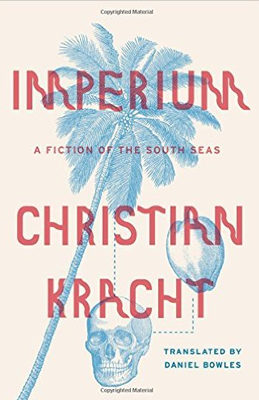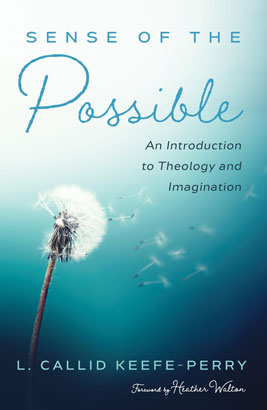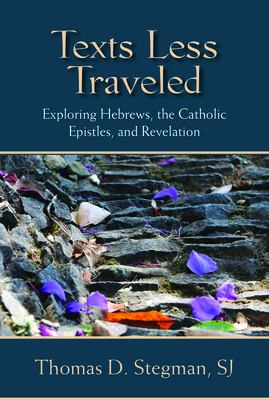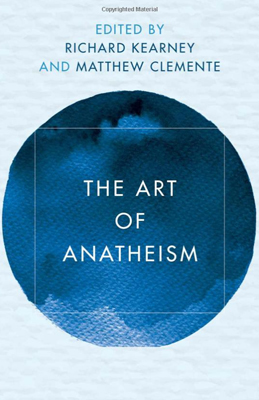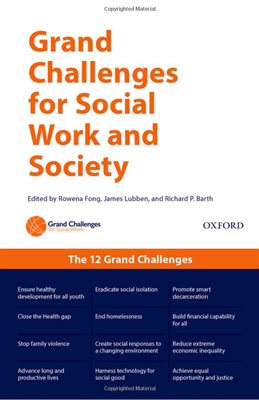In 1902, a radical vegetarian and nudist from Nuremberg named August Engelhardt set sail for what was then called the Bismarck Archipelago, in German New Guinea. His destination: the island Kabakon. His goal: to establish a colony based on worship of the sun and coconuts. His malnourished body was found on the beach on Kabakon in 1919; he was forty-three years old.
Christian Kracht's Imperium uses the outlandish details of Engelhardt's life to craft a fable about the allure of extremism and its fundamental foolishness. Engelhardt is at once a pitiable, misunderstood outsider and a rigid ideologue, and his misguided notions of purity and his spiral into madness presage the horrors of the mid-twentieth century.
Playing with the tropes of classic adventure tales such as Treasure Island and Robinson Crusoe, Kracht's novel, an international bestseller, is funny, bizarre, shocking, and poignant. His allusions are misleading, his historical time line is twisted, his narrator is unreliable--and the result is a novel that is a cabinet of mirrors, a maze pitted with trapdoors.
View a guide of selected resources (PDF) on this topic available through the Libraries.

